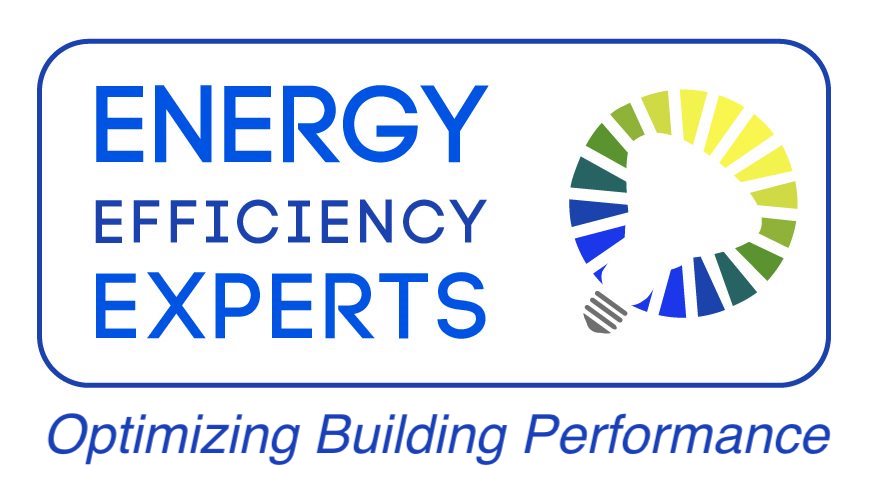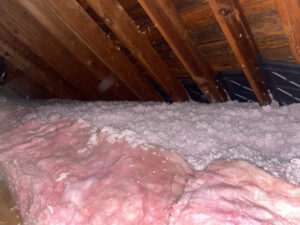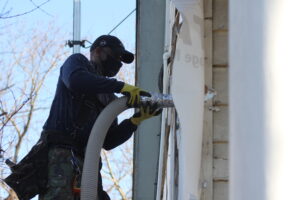
With climate change concerns increasingly on our minds, sustainability has been an important part of modern political agendas. Climate action on a federal policy scale is a great way to make a significant impact, but how much can actually be achieved within 4 years? Let’s take a close look on how we’re doing so far!
When president Biden came into office over a year ago, his plan as it related to the energy sector was outlined in both the Clean Energy for Biden and the Biden Climate Plan. During the first year of presidency, the Biden administration has taken steps through executive action and funding for existing programs to promote their agenda on home energy efficiency.
To date, President Biden has so far doubled funding for the Low Income Home Energy Assistance Program. Delivering $8 billion, which is more than double the typical annual appropriations, the Biden administration has secured this funding for states, localities, and even tribes to tackle the issue of home energy costs in the winter.
Funding for energy efficiency programs, such as EmPOWER Maryland Limited Income Energy Efficiency Program (LIEEP), remains a critical aspect in securing home energy relief for low-income Americans across the states. Maryland itself offers multiple home energy efficiency programs such as EmPOWER Maryland, Weatherization Assistance, and BeSMART Energy Efficiency Loan.
President Biden and the DOE announced in late March the acceptance of applications from states and territories for $3.16 billion in new funding for the Weatherization Assistance Program. This expanded level of funding was made possible through the Bipartisan Infrastructure Law and expands the reach of the WAP program in order to reduce household energy use.
“Home energy retrofits and upgrades – like electrification, heat pumps, LED lighting, insulation, and sealing up leaks – can slash monthly energy bills for families and improve the air we breathe” — U.S. Secretary of Energy Jennifer M. Granholm
https://www.energy.gov/articles/biden-administration-announces-investments-make-homes-more-energy-efficient-and-lower#:~:text=%E2%80%9CHome%20energy%20retrofits%20and%20upgrades,Granholm.
Despite some advancements, the administration has also faced setbacks in the missed year-end deadlines to roll back the previous administration’s energy efficiency standards. This comes as the high volume of work challenges the Department of Energy in the backlog of appliance reviews. Normally, the department’s Office of Energy Efficiency and Renewable Energy is required to review appliance standards every six years but since the president took office, the agency has missed the deadlines for 28 product standards that includes lightbulbs and clothes dryers. Final actions will now fall to the current year in 2021 to update the remaining standards.
In a letter to the Department of Energy on December 2021, various environmental groups such as the American Council for an Energy-Efficient Economy stated that:
“Timely completion of new and updated efficiency standards could reduce annual household utility bills by $100 on average by 2030, with savings increasing to $350 annually by 2050; updated standards also have the potential to reduce climate change emissions by 1.5 to nearly 3 gigatons by 2050”
https://www.nrdc.org/sites/default/files/doe-letter-efficiency-standards-repeal-20211217.pdf
While the Biden administration has steadily progressed in achieving the goals they have set in the scope of energy efficiency, most of their actions, through executive orders and program funding can easily be reversed by future administrations. The administration’s energy priorities, under the larger scope of climate change, have not been codified into law besides what current programs already exist. Other more substantial policies have proved elusive in congress.
While home energy efficiency programs in Maryland are not in danger of stopping anytime soon, the best time to consider ways to be more energy efficient is now! Through Energy Efficiency Experts, we can do the work on your home to lower your bills and increase comfort. Scheduling an energy audit can be the first step of your energy efficiency journey to see what types of rebates you qualify for in work for your home.





